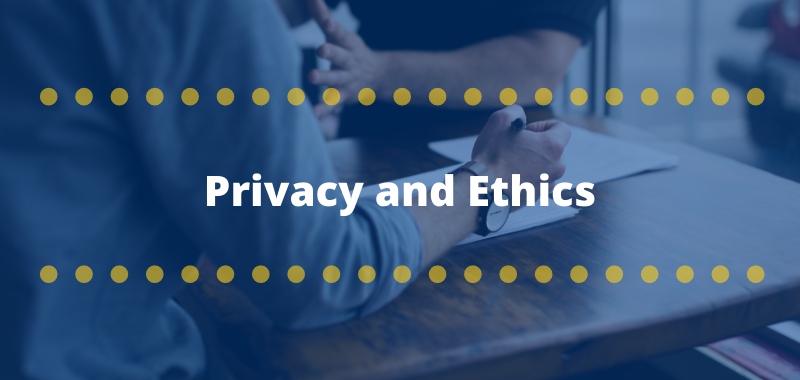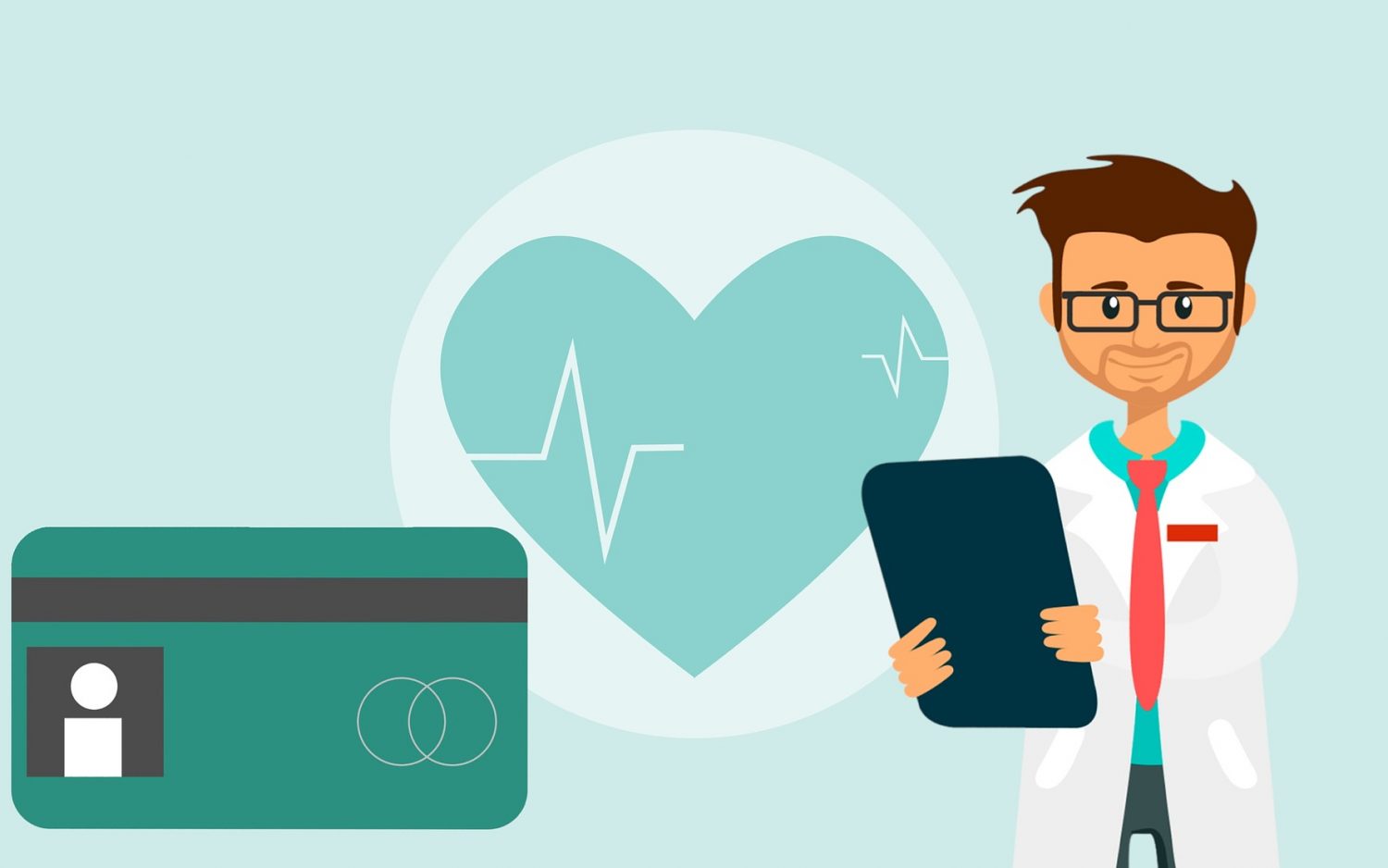Privacy and Ethics

Ethics and privacy issues are fundamental not only to demonstrate a high quality of R&D procedures in human-machine interactions, but also to guarantee that the findings and output of the projects are sound, scalable, sellable and suitable for the market, compatible with the EU regulations.
The AAL projects involve testing by end-users of innovative products and services development, for the improvement of the quality of life of the ageing population, which carries important ethical and European legal obligations.
In this summary, and in a longer and more elaborated version in the downloadable PDF (see below), we have identified the main trends, the most important learnings and the opportunities for current and future project applicants.

- Over the years, AAL projects have increasingly improved the development of a coherent framework to address the main ethical issues and provide consent forms. This progression demonstrates the increasing importance given to ethics and legal obligations in research and innovation.
- The AAL Programme projects’ format has evolved into more complex ethical and privacy/data protection aspects requiring new measures, such as challenge-led and open Calls, the type of innovations emerging, where personal data protection is crucial.
- While the ethics approval procedures and requirements are well applied, they do have the tendency to differ from country to country, institutions, disciplines and different stages of R&D.

At present there is a great variety of ethical and privacy frameworks, which brings unclarity in the ethical and GDPR standard requirements that AAL reviewers should apply in mid-term and final reviews. Therefore, harmonising the approach in the grand sea of many actors, institutions and Calls is necessary.
The importance of privacy and data protection has been underestimated in several AAL projects. Product and services that do not comply early in the business development plan with ethics and GDPR have a strong risk or negative impact or failure when entering a market, therefore it must play a greater role.
Privacy and data protection are especially important when considering products and services on open platforms or apps, where older end-users can be most vulnerable groups prone to abuse, such as those fluctuating cognitive deficiencies or less digital and rights literacy.

GDPR:
Given the recent European GDPR regulation on personal data protection and data management in all areas of R&D, science and technology, the AAL programme and projects have the opportunity to get up to date with the optimal application of the GDPR at each stage of the project work packages when relevant, as well as to the current market requirement before projects enter the market phase.
Therefore, there is a clear opportunity for AAL to play a leading role in the reflection and education on ethical and data privacy/GDPR issues in the growing domain of innovation and older persons.
Streamlining consent forms:
It is recommended that the AAL considers developing an ‘Ethical and GDPR Resource Center’ which would indicate basic documentation/information, procedures and templates for guiding the Programme and the participants. It is an opportunity to establish a more coherent ethical and data protection framework within the AAL Programme and facilitate the implementation of solutions and products.


